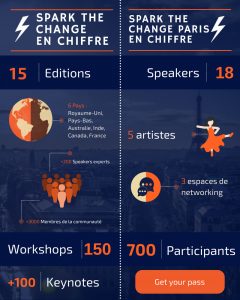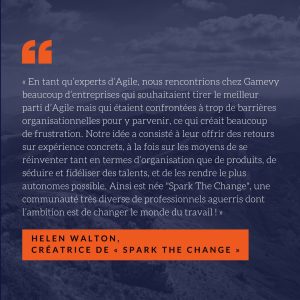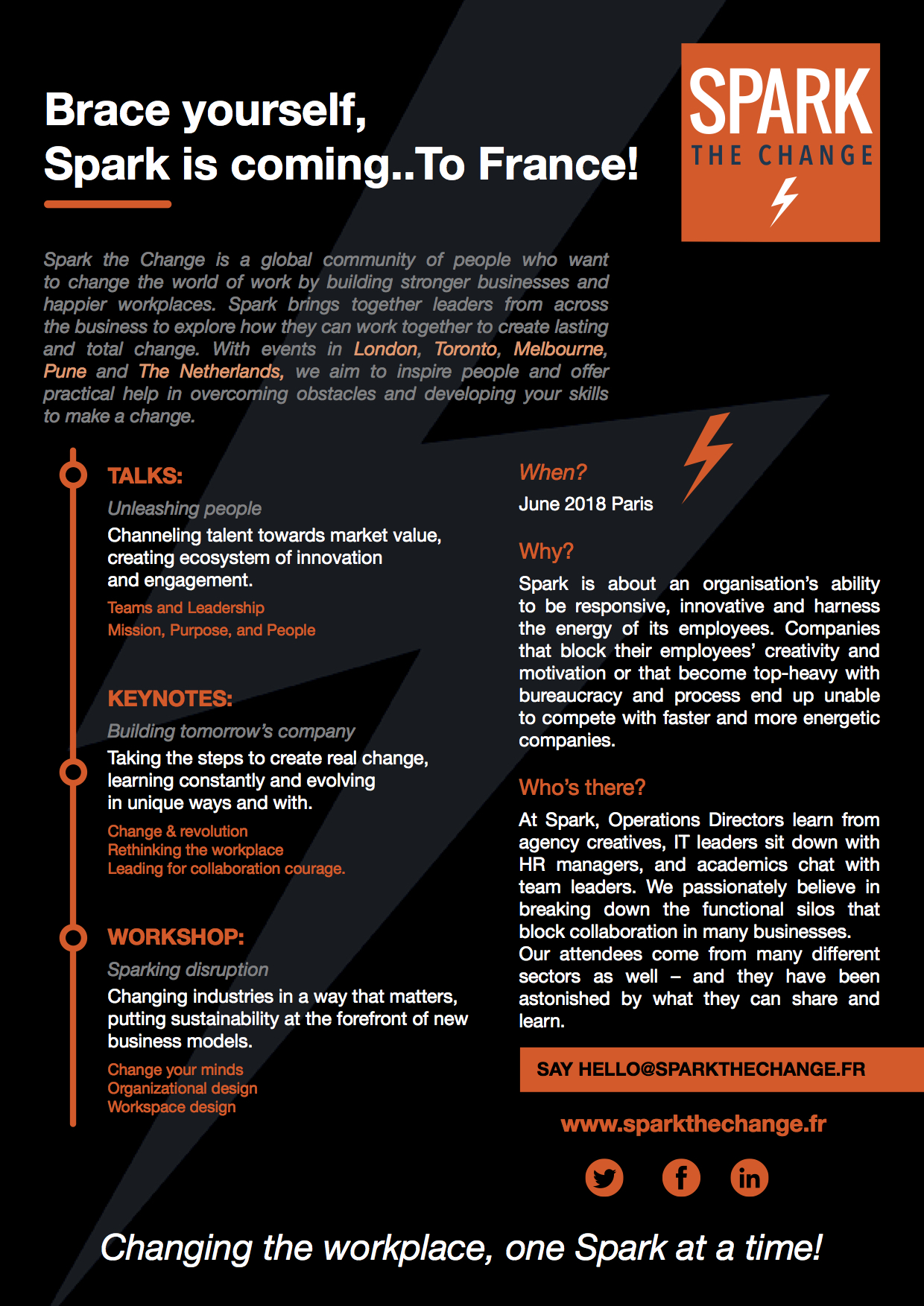I was going to write a blog about risk. I’d whip through the theory, focus on the practice, and back it up with science.
Then the referendum happened. And now, depending on your view, the country’s either deep in the mire, or free to succeed. The markets have crashed, but might bounce back. Hate crime is up, but might be a blip. We’re living in uncertainty, and we don’t even know how long it’ll last.
All of that feels uncomfortable and risky. So to write about risk without acknowledging the uncertainty around us feels a bit absurd. We’re already awash with political analysis, so I won’t add mine. But whether you’re delighted, devastated or unmoved by these events, it’s an interesting moment to take a look at the parallels with organisational and personal change.
Major change throws the status quo in the air. Before it settles, as it inevitably will, we can make some choices. We can pretend it’s not happening. We can choose to step back and see where the pieces fall. And we can choose to take a risk and lean into uncertainty. These are decisions organisations are making now – as they’ve done before and will again. Individuals are doing the same.
Unless you’re very lucky, pretending nothing’s changed will leave you baffled, and your colleagues disengaged. It’s also, counter-intuitively, a lot of effort. Our ability to adapt is part of what defines us as human. So while adapting might be hard, refusing to is exhausting. Sometimes, of course, the wisest move is to hold your horses and wait for a new normal. But you forfeit the chance to shape it, and risk being left behind.
Choosing to shake hands with uncertainty can be complicated and uncomfortable. It can also be profoundly creative. If you can lean into that, there’s scope to experiment with new ideas and products, have different conversations and make unexpected connections. You might fail, you might succeed, you might create something a bit… ‘meh’. But you only find out if you take the risk. And whether or not it’s sparked by external events, embedding a culture of testing, adapting and improving will reap benefits well into the future.
Thing is, it’s not easy. There’s a gap between intention and doing. And however much you want to, crossing it can seem boring, painful and hard work. And once you do cross it, there’s no guarantee it’ll work. Ugh. Why bother? It’s somehow easier to feel disrespected afterwards than to challenge in the moment. To feed back to your friends instead of your colleagues. To work within stasis than to venture an alternative.
But that ‘ugh’ is worth the bother. It’s when things shift, and when you learn. Plus you reinforce in yourself and colleagues that, whatever the outcome, you are people with the agency to create change. You’ll be more likely to do it again, helping build a culture of creativity in yourself and others.
So where to begin? Here are three initial suggestions.
1. Acknowledge fears, but don’t draw them out. Give yourself three minutes to project the potential range of outcomes from best to worst. Then begin, ditch or adapt. You’ll only find out what actually happens by taking the risk, so don’t waste time on the fundamentally unsound, or delay the great.
2. Solicit feedback; ask, listen, learn, adapt. And be specific: work out exactly what you want feedback on, and ask questions within a clear remit. This shifts the focus away from egos (easily crushed, despite denials) and towards ideas. Seeking feedback can feel like a massive risk in itself. But the more you do it, the easier and more useful it becomes.
3. Build networks. It’s exhausting taking a risk on your own and it takes ages. Talk to people who disagree: diverse opinion makes for robust ideas. And test the idea as soon as you can, drawing on your network for support. Make sure your network includes people unconnected to your idea, but who can help you reflect on progress and remain resilient. Action learning sets and peer mentors are ideal.
I’m not suggesting all ideas are sensible or risks worth taking. But change is definitely coming. New systems, new products and even new industries may emerge. I hope that as organisations and individuals we’ll be inspired to lean into risk when we encounter it. Start experimenting, adapting, innovating. The status quo has been shaken, and will rebuild. The space in between is yours to shape.
By: Kamala Katbamna from Chirp
http://www.chirp.org.uk/new-blog/2016/6/29/risk-taking-in-a-post-brexit-britain



 « Spark the Change » : décrypter et inspirer les bonnes pratiques
« Spark the Change » : décrypter et inspirer les bonnes pratiques 





